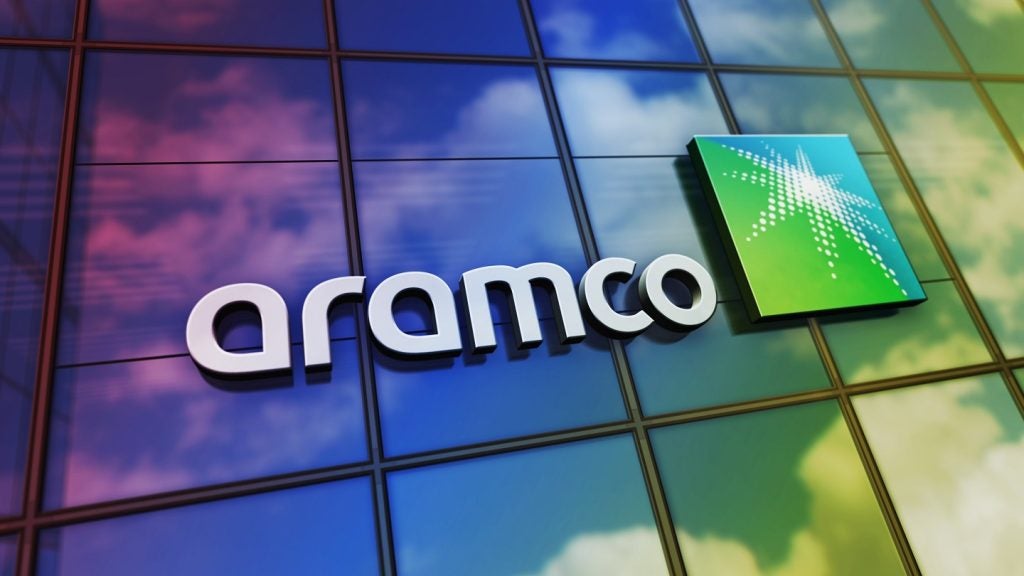Saudi Aramco and Shell are currently in price negotiations for the acquisition of Pavilion Energy's LNG trading assets, according to Reuters.
The energy companies have completed the due diligence process after being shortlisted by Singapore's state investment firm, Temasek, last month.
Temasek set up Pavilion Energy a decade ago to focus on LNG-related investments.
The sale of Pavilion Energy's assets could command a price tag of more than $2bn, two sources familiar with the development told the news agency.
Both Shell and Aramco have declined to comment on the ongoing negotiations.
Barclays, which is advising Temasek on the potential sale, also declined to offer any comment.
Aramco, through its gas unit, views the acquisition as a strategic move to establish itself as a significant player in the global LNG market.
The Middle East oil and gas company is intensifying its gas exploration efforts and plans to increase production by more than 60% from 2021 levels by the year 2030.
Additionally, Aramco is exploring investments in LNG projects overseas, evidenced by its recent $500m acquisition of a minority stake in MidOcean Energy.
Shell, on the other hand, reported that LNG trading contributed to nearly a third of its profit in the last quarter of the previous year.
As an LNG trader, Shell operates globally, capitalising on regional fluctuations in demand and pricing.
The UK company has emphasised the importance of gas and LNG in the energy transition, particularly as a cleaner alternative to coal for power generation.
Pavilion Energy, one of four companies appointed by Singapore's Energy Market Authority to import LNG, fulfils a significant portion of the city-state's power and industrial gas needs through LNG and piped natural gas.
The company also provides LNG to ships in Singapore, a leading bunkering port globally.
Since its establishment, Pavilion Energy has made substantial investments including $1.3bn in three gas blocks in Tanzania in 2013 and the acquisition of Iberdrola's LNG assets in 2019, which expanded its reach to Europe with regasification capacity in the UK and Spain.









